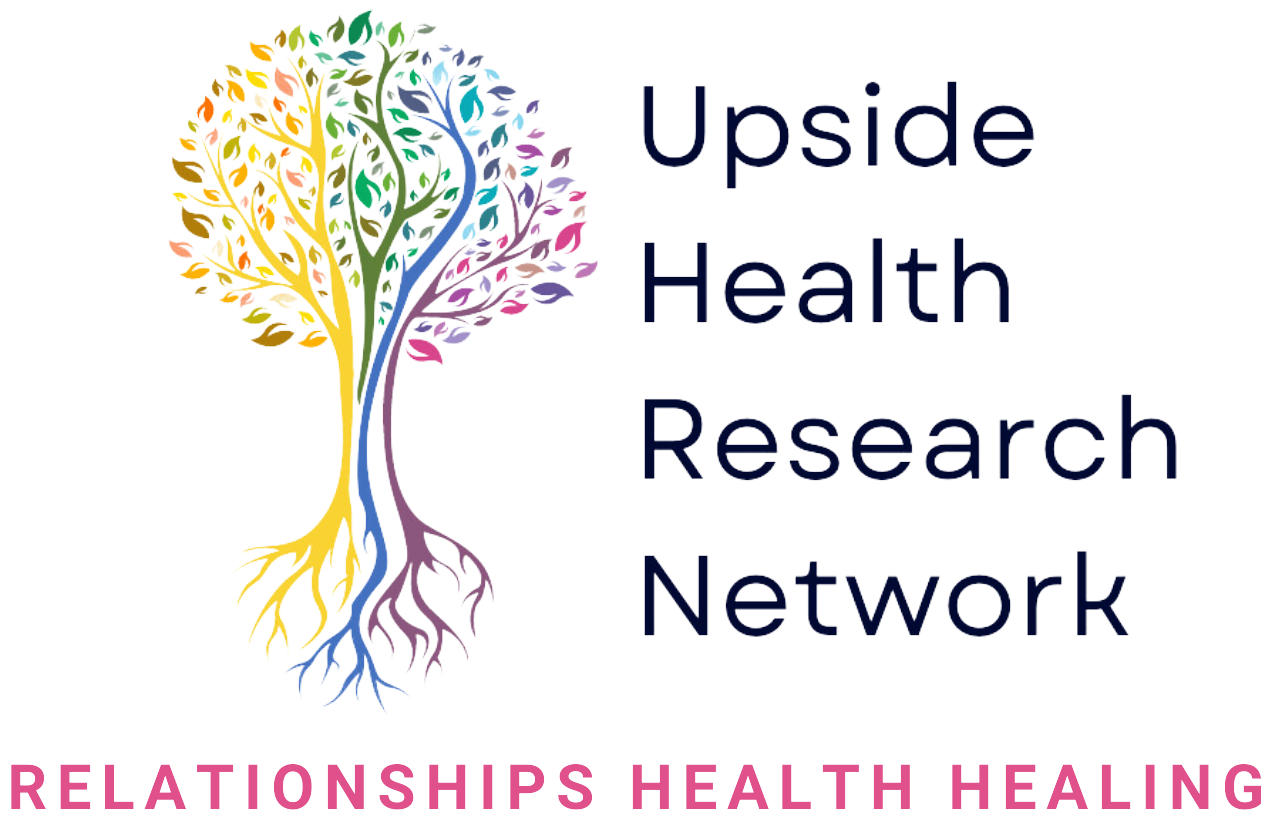SOCIAL RELATIONSHIPS AND CARDIOVASCULAR HEALTH
3 min read | #723 words
Explore the connection between social relationships and cardiovascular health, and discover strategies to enhance heart health.

Impact of Social Relationships on Heart Health
Loneliness and Social Isolation Risks
Feeling alone or cut off from others isn’t just emotionally challenging — it can actually negatively impact your heart health. Research has found that being socially isolated is as risky as smoking a few cigarettes a day or being overweight (Holt-Lunstad & Smith, 2016; Valtorta et al, 2016; Xia & Li, 2018). In fact, lonely folks have a 1.50 times higher chance of dying, which is on par with light smoking and even riskier than being overweight or having high blood pressure (Holt-Lunstad & Smith, 2016; Holt-Lunstad et al, 2010).
For older women in the US, being lonely or isolated ups the chances of heart problems by 8% and 5%, respectively. Those who feel more alone face a 13% to 27% higher risk of heart disease compared to their more socially connected peers.
| Risk Factor | Increased Risk of Mortality |
|---|---|
| Loneliness | 1.50 |
| Light Smoking | 1.50 |
| Obesity | 1.20 |
| Hypertension | 1.10 |
Curious about how loneliness affects your ticker? Check out our article on loneliness and heart health implications.
Social Integration and Cardiovascular Biomarkers
Turns out, having a good social life can do wonders for your heart health. Studies show that being socially active can lower blood pressure, reduce body fat, shrink your waistline, and even cut down on inflammation. Even The World Health Organization now prioritizes social connection as a significant factor impacting health and wellbeing (WHO). In clinical practice, I’ve seen how positive, healthy social relationships have helped folks stay healthy, engaging in productive health behaviors.
Increasingly, health experts are incorporating social factors into heart health treatment plans. Why? Having a solid support system can help manage stress and maintain a healthy heart. Good relationships are associated with lower inflammation, which is beneficial for your heart.
| Biomarker | Impact of Social Integration |
|---|---|
| Hypertension | Decreased |
| Body Mass Index | Decreased |
| Waist Circumference | Decreased |
| Inflammation (hs-CRP) | Decreased |
Want to know more about how hanging out with friends can boost your heart health? Dive into our article on how social interactions influence heart health.
Grasping how our social lives affect our hearts can lead to better heart health strategies. By focusing on social connections and encouraging community involvement, we can improve heart care and outcomes. For more on this, check out our section on community ties and cardiovascular well-being.
Strategies for Improving Cardiovascular Health
Prioritizing Social Variables
To boost heart health, we’ve got to focus not only on the medical aspect but the social aspect as well. Studies show that feeling lonely or being cut off from others can really mess with your heart health, increasing the chances of heart disease and stroke (Holt-Lunstad & Smith, 2016; Valtorta et al, 2016; Xia & Li, 2018). The risk of dying from having lousy social ties is about the same as puffing a few cigarettes a day and is even worse than having high blood pressure or being overweight. So, it’s incredibly important to weave social support into heart care.
💡Tip for Health Care Providers
Doctors and nurses should asses their parents on how connected they are to others and push them to build strong, supportive bonds. Here’s how we can build healthy relationships:
- Hang Out Regularly: Get folks to join in on social activities often to keep loneliness at bay. So those who are generally introverted don’t want to think about spending more time with other people. But, even if it’s one or two outside friends or family, this can help reduce the impact of loneliness.
- Build Quality Bonds: Encourage relationships that offer real emotional support, which can do wonders for the heart.
- Join Community Programs: These programs can give people a chance to mingle and feel better overall.
For more on how social support can help your heart, check out our piece on social support and heart health.
Community Engagement in Cardiovascular Care
Getting the community involved is a big deal for heart health. By tapping into local resources and support, we can take a more rounded approach to keeping hearts healthy. The World Health Organization says ‘Social Support Networks’ are key to health, highlighting how important social ties are for feeling good.
Health pros can push for community involvement by:
- Creating Support Groups: These groups let people with heart issues share their stories and get some much-needed emotional backing.
- Hosting Community Events: Events centered on heart health can spread the word and get people talking.
- Teaming Up with Local Groups: Working with local organizations can help set up programs that tackle social health factors and offer help to those who need it.
For more ways to get communities involved in heart care, dive into our article on community ties and cardiovascular well-being.
By focusing on social factors and getting communities on board, we can make a real difference in heart health outcomes. Knowing how social connections affect the heart is key to crafting effective strategies and boosting overall well-being. For more tips, swing by our articles on emotional well-being and heart health and psychological support and cardiovascular health.
References
Holt-Lunstad, J., & Smith, T. B. (2016). Loneliness and social isolation as risk factors for CVD: implications for evidence-based patient care and scientific inquiry. Heart (British Cardiac Society), 102(13), 987–989. https://doi.org/10.1136/heartjnl-2015-309242
Holt-Lunstad, J., Smith, T. B., & Layton, J. B. (2010). Social relationships and mortality risk: a meta-analytic review. PLoS medicine, 7(7), e1000316. https://doi.org/10.1371/journal.pmed.1000316
Valtorta, N. K., Kanaan, M., Gilbody, S., Ronzi, S., & Hanratty, B. (2016). Loneliness and social isolation as risk factors for coronary heart disease and stroke: systematic review and meta-analysis of longitudinal observational studies. Heart (British Cardiac Society), 102(13), 1009–1016. https://doi.org/10.1136/heartjnl-2015-308790
Xia, N., & Li, H. (2018). Loneliness, Social Isolation, and Cardiovascular Health. Antioxidants & redox signaling, 28(9), 837–851. https://doi.org/10.1089/ars.2017.7312

